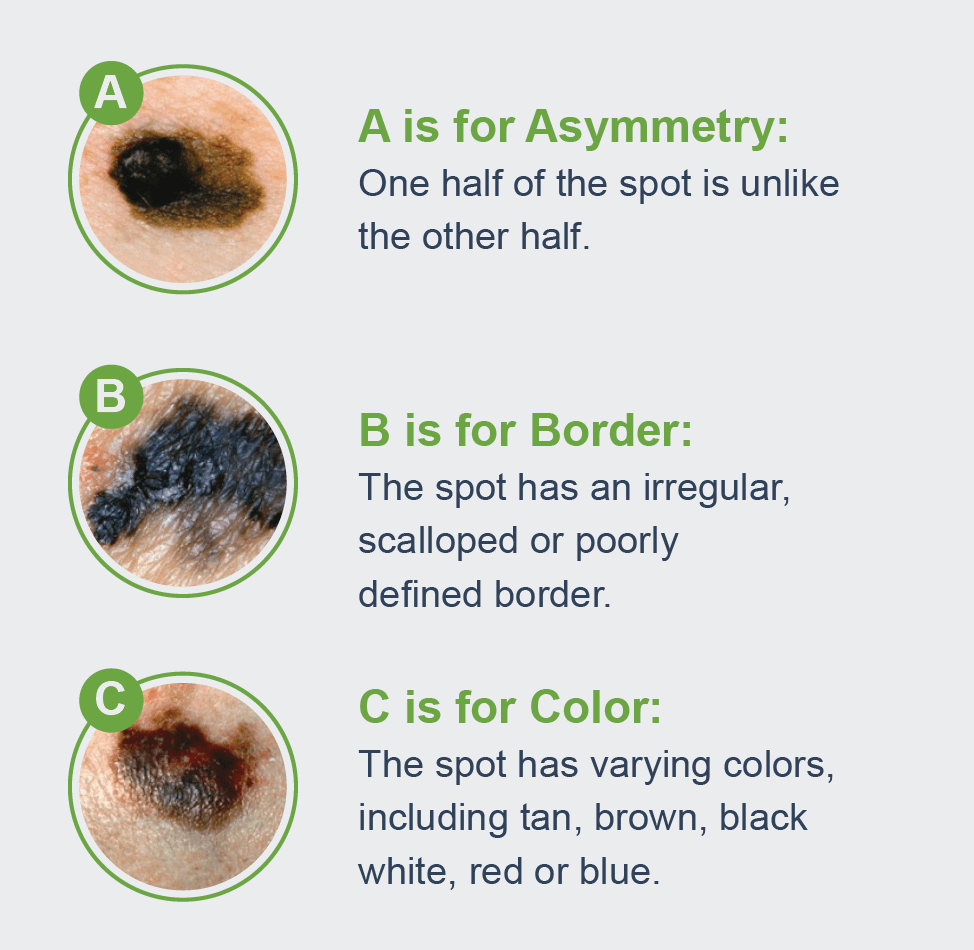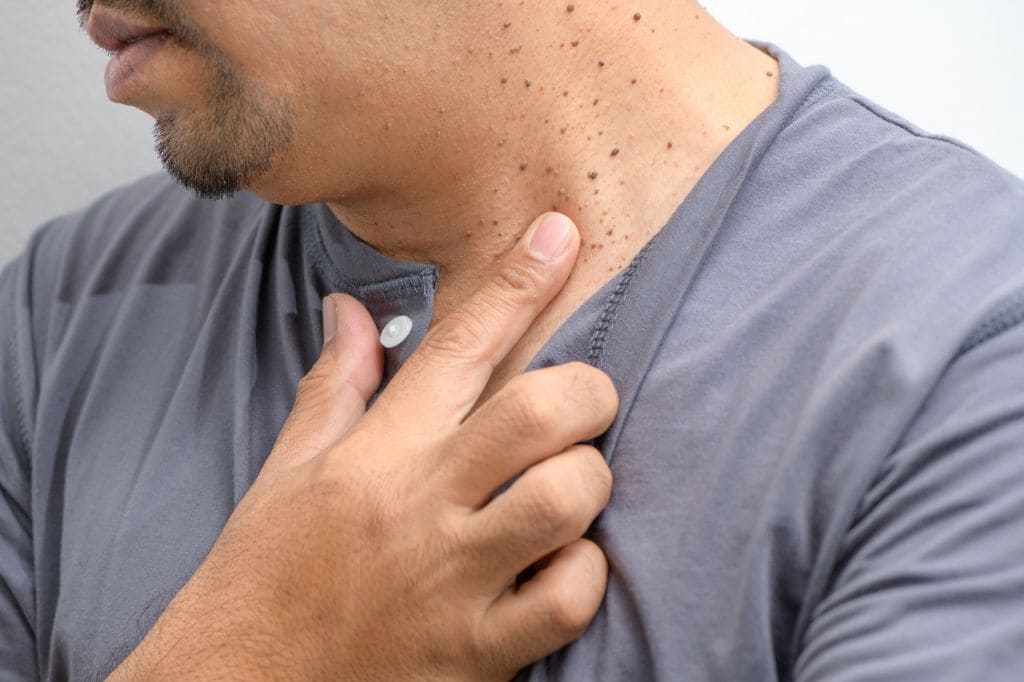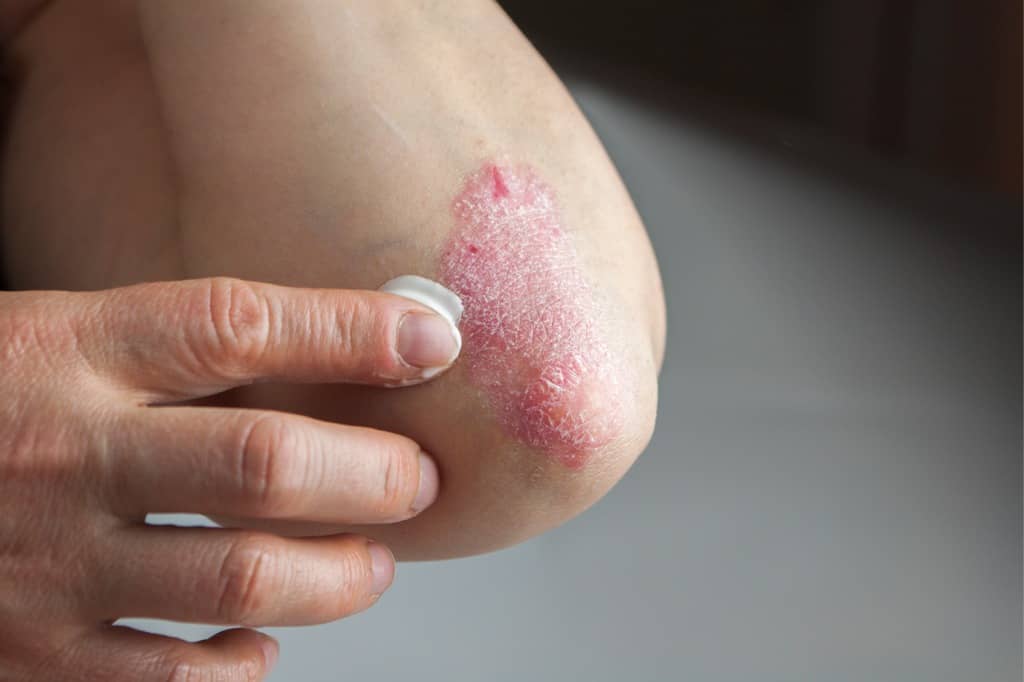What to Expect During a Full-Body Skin Exam
A full-body skin exam at Cascade Eye & Skin Centers is an entire appointment dedicated to checking your body for suspicious skin lesions. Your dermatologist will inspect your body from your head to your toes, paying particular attention to areas that tend to be exposed to harmful, cancer-causing UV radiation from the sun. If they notice a suspicious-looking spot, they will perform a biopsy and submit it to our state-of-the-art skin pathology lab to determine if it is cancerous or benign.
How to Prepare for a Full-Body Skin Exam
It’s essential to note that due to the detailed nature of a full-body skin exam, providers cannot address other concerns during this visit. To prepare for your appointment:
- Make a note of anything new or unusual on your skin
- Remove nail polish from your fingers and toes
- Bring makeup remover or plan not to wear makeup at all
What Does Skin Cancer Look Like?
Your dermatologist at Cascade Eye & Skin Centers is trained to know what to look for during a skin exam. However, patients are encouraged to perform regular skin self-exams to catch abnormalities as soon as possible.
Talk to your dermatologist immediately if any of your moles or pigmented spots exhibit any of the following ABCDEs of melanoma:


Mohs Treatment for Skin Cancer
If you do get diagnosed with skin cancer, Mohs surgery is one of the most effective treatment options available. It removes cancerous tissue while sparing healthy tissue and can be especially useful for difficult-to-treat areas like the face.
During Mohs surgery, your surgeon will remove a thin layer of tissue and then examine it under a microscope. If cancer cells are found, they will remove another layer until all the cancerous cells are gone. This process is repeated until only cancer-free tissue remains.
Can You Reduce Your Risk of Developing Skin Cancer?
About 90% of nonmelanoma skin cancers are associated with UV radiation from the sun, and one in five Americans will develop skin cancer by age 70. Luckily, there are several steps you can take to reduce your risk of developing skin cancer, including:
- Wear sunscreen with SPF 30 or higher every day
- Wear protective clothing when outside, such as a wide-brimmed hat
- Seek shade whenever possible
- Avoid indoor tanning
- Schedule annual skin exams
Learn How to Reduce Your Skin Cancer Risk
Schedule Your Annual Full-Body Skin Exam
Meet with one of our expert dermatologists at Cascade Eye & Skin Centers to learn how you can help prevent skin cancer and catch it in its early stages. Schedule an appointment online or call your nearest office.




